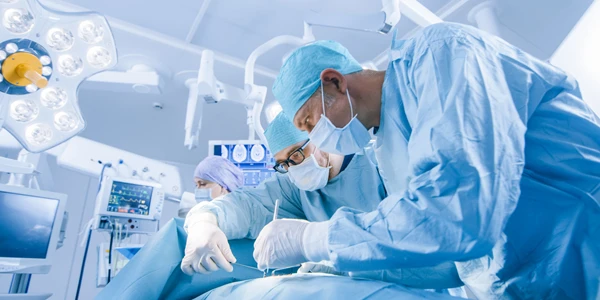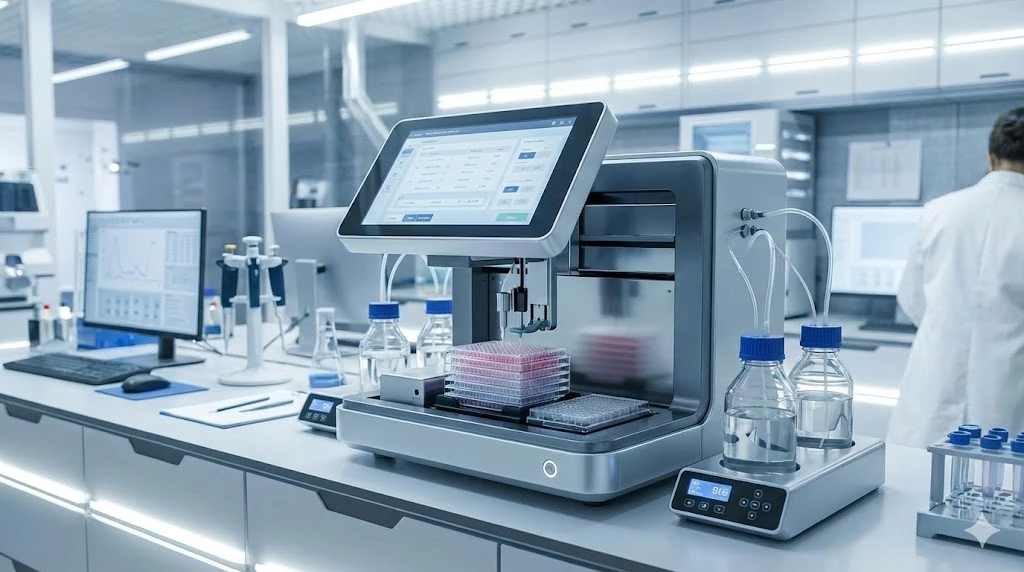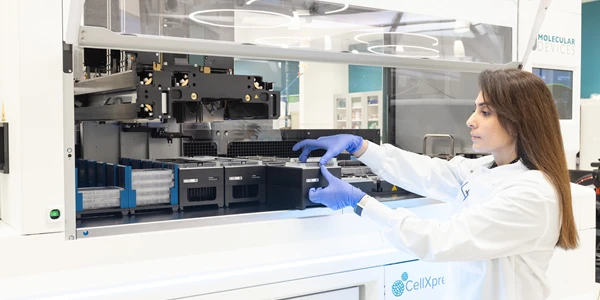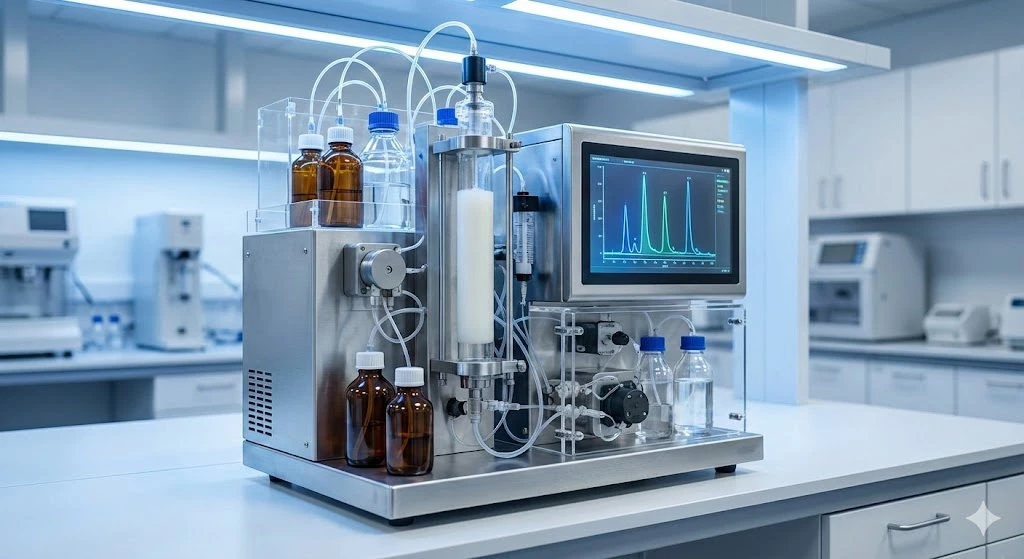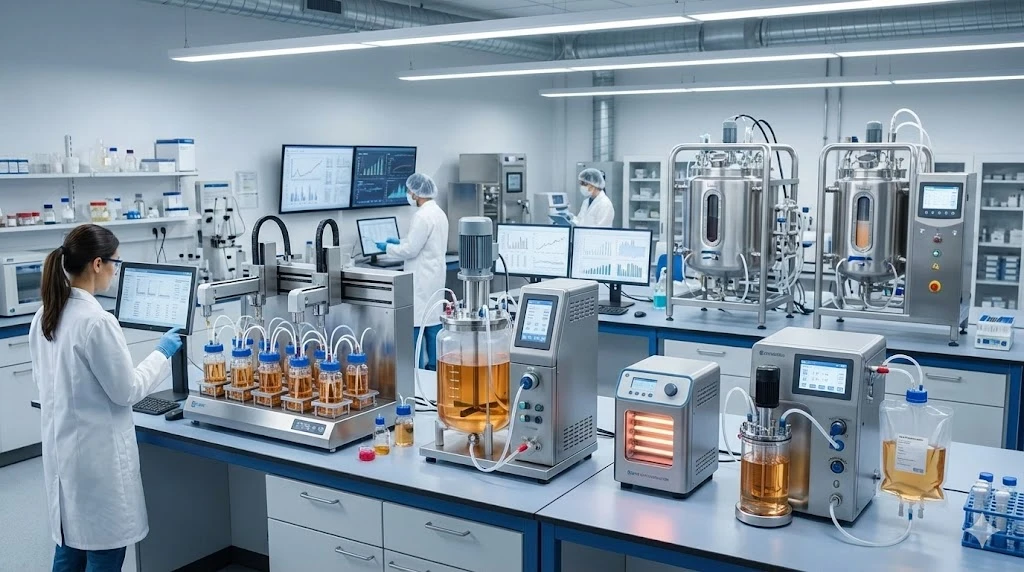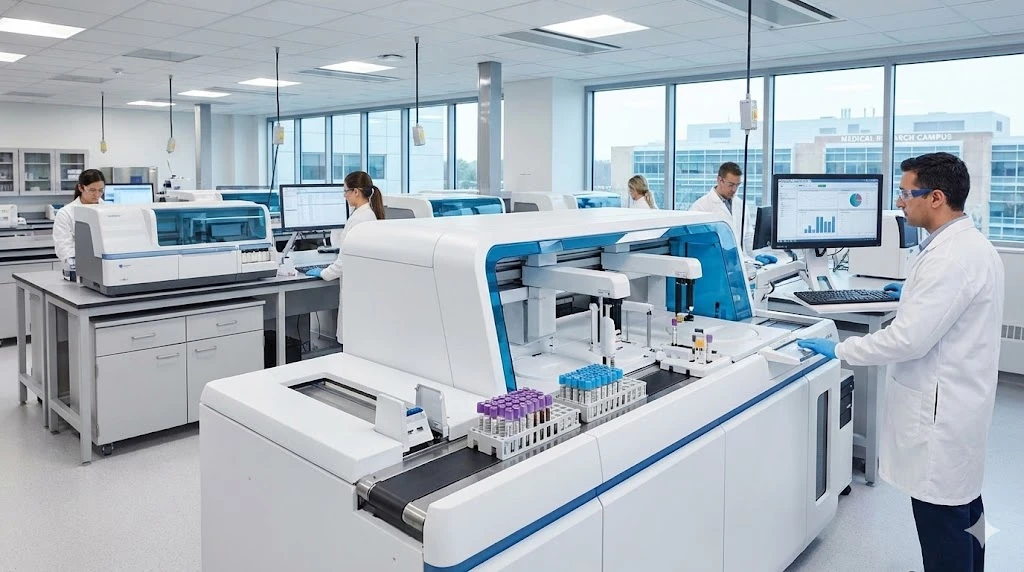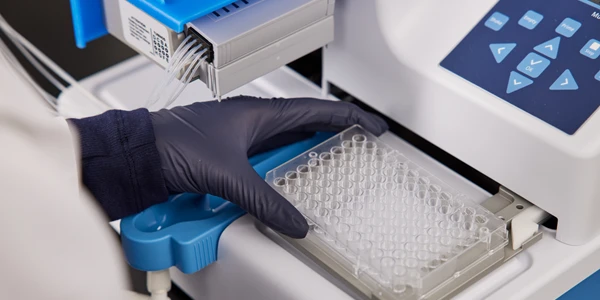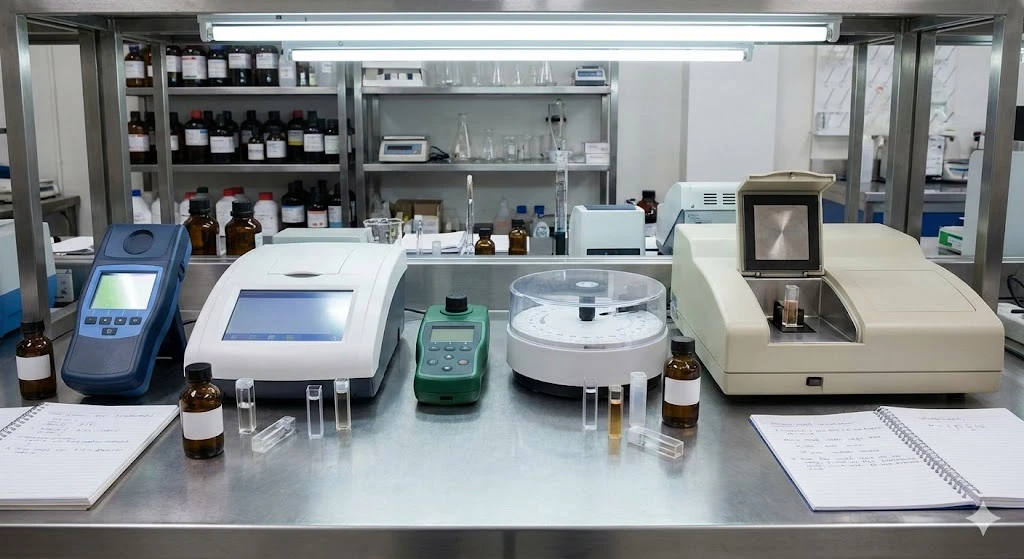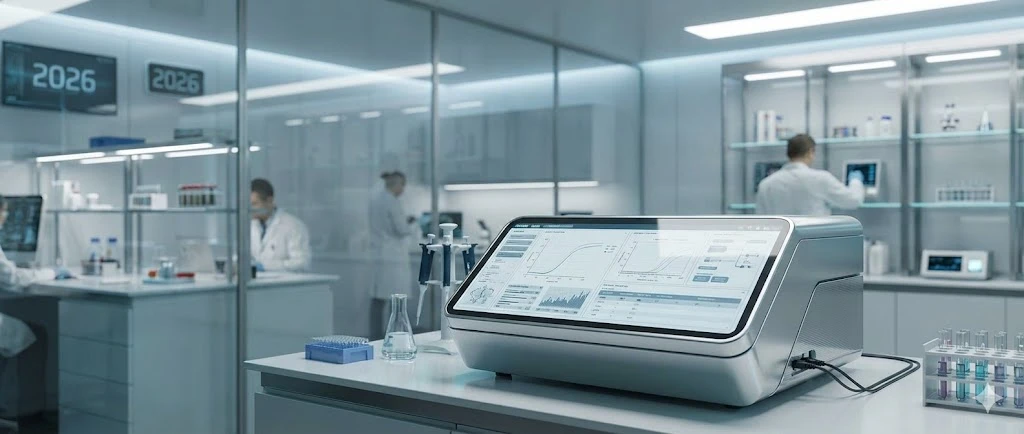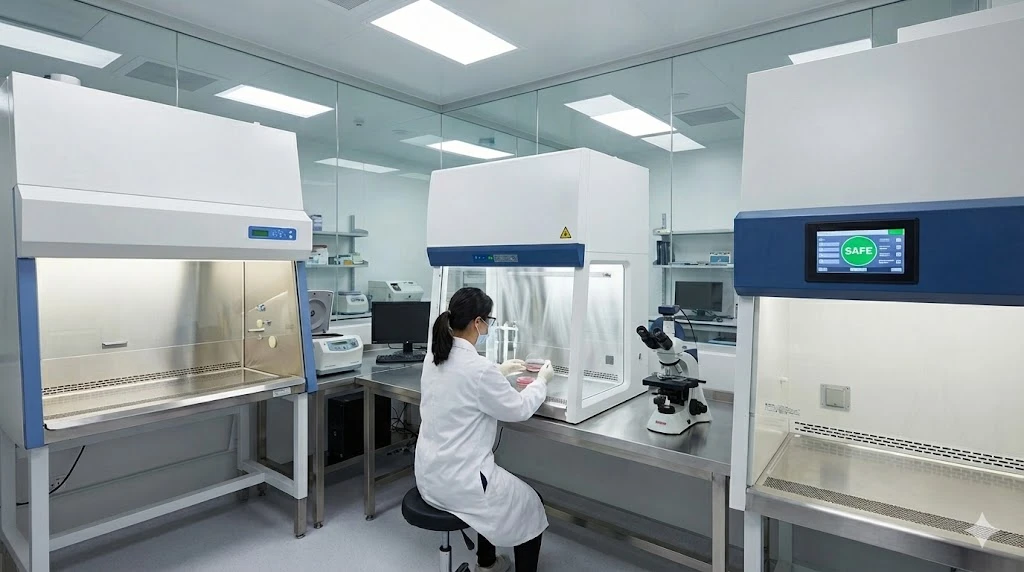2020 SLAS Conference: The Latest Innovations in Lab Automation and Screening
The 2020 SLAS international conference and exhibition took place January 25 through 29 at the San Diego Convention Center. This annual meeting focuses on lab automation and screening, incorporating emerging technologies with enabling products for laboratories of all sizes, scales, and functions. Last year’s spotlight shined on advanced genetic sequencing and engineering technologies, imaging and high-content analysis platforms, automation solutions for basic lab techniques and operations, and other areas.
This year’s conference included a broad array of topics and research presentations spread among the key note talks, scientific tracks, short courses, and posters on display. Bioanalysis and Biomarkers, Assay Development and Screening, Automation and High-throughput Technologies, and Biologics Discovery, just to name a few. The full conference preview is here.
Three themes are positioned to see a rapid climb in adoption and application in 2020 and the years beyond. The 2020 SLAS conference exhibitors included many which incorporate one or more of these concepts in their repertoire of products or services.
Robotics
Certainly not a new concept in the laboratory, robotics will continue to see implementation beyond the proof of concept level, with broader applications in automatable lab workflows. Automated liquid handling, pipetting, buffer exchange, consumables labelling and management, and other routine tasks with continue to see a strong robotic presence, with the goals of increasing precision and throughput while freeing up lab technician time.
A valuable resource for this robotics-enhanced product development trend has been the ground work built by robotics specialists partnering with lab automation engineers. In fact, the SLAS conference has seemed increasingly populated with robotics companies, including those in active partnerships with applied science companies. This is certain to continue as companies such as Productive Robotics and others showcased their latest details on tech development, collaboration, and applications for the SLAS audience.
Single Cell Analysis
Throughout the life sciences world, single cell analysis has emerged as a definitive next frontier for biological exploration. Next-generation deep sequencing technologies have produced high-fidelity information on discrete cellular events, at the DNA, RNA, and transcript levels. High-resolution accurate mass (HRAM) mass spectrometry techniques are providing metabolomic, lipidomic, and chemical profiling details suitable for single cell proteomic analysis. Mass spec imaging technologies are fostering the new age of molecular microscopy, with resolution at the single cell level. Applications of single cell analysis include disease research, cancer, microbiology, immunology, toxicology, developmental biology, and many others – fields that are set to benefit greatly from this new level of interrogation
The presence of companies such as Seed Biosciences, which specializes in automated single cell isolation, furthers the discussion of single cell analysis and it’s potential to discern distinct cell and molecular processes.
Artificial Intelligence (AI)
AI is becoming a dominant force throughout the world of science, with applications for smart instrument sensing, instrument diagnostics, remote control, and anywhere processes can be improved through feedback sensing and tunable operation. The inaugural 2019 SLAS AI in Process Automation Symposium held in Oct 2019 is evidence of this strengthening technology sector.
AI is poised to make an even greater impact on laboratory instrumentation and operations in the coming year. Companies large and small, for instance Phenomic AI which harnesses deep learning algorithms with high-content screening in the search for therapeutic designer antibodies, aim to change the landscape and bring AI applications to a broader audience.
The SLAS Conference Awards
The 2020 SLAS conference once again presented the SLAS Innovation Awards. In addition to Phenomic AI and Seed Biosciences mentioned above, the technologies in competition included: An Adaptable Microfluidic Platform for Single Cell Pathogen Identification and Antimicrobial Susceptibility Testing, Advanced Bioprinting Strategies for Tissue and Tissue Model Fabrication, and other advanced concepts developed by both academic and industry pioneers – all vying for the grand prize of $10,000.
Joseph De Rutte, M.S., (University of Los Angeles, CA, USA) was the winner this year's Innovation Award, in recognition of his exceptional podium presentation, "High-Throughput Encapsulation and Selection of Cells Based on Antibody Secretion Using Lab-on-a-Particle Technology." In his presentation, De Rutte discusses a particle-templated droplet, i.e. "Dropicle," he and his team created that can be used to form monodisperse emulsions that encapsulate single cells, requiring only standard lab equipment for the end user.
The SLAS New Product Award and the SLAS Ignite Award provide extra recognition for new product launches within the past year and best start-up or emerging company, respectively, as judged by independent technology professionals. Last year’s winners of these three awards reflect a robust pool of new technologies, products, and companies, and with the rapid growth of “intelligent innovation”, the 2020 awards promised to deliver a new level of excitement.
The New Product Award winners were announced Wednesday Jan 27: V&P Scientific Inc and Bioelectronica.
Throughout the year we’ll be sure to keep an eye on those intesting and potentially disruptive technologies which made their 2020 debut.
